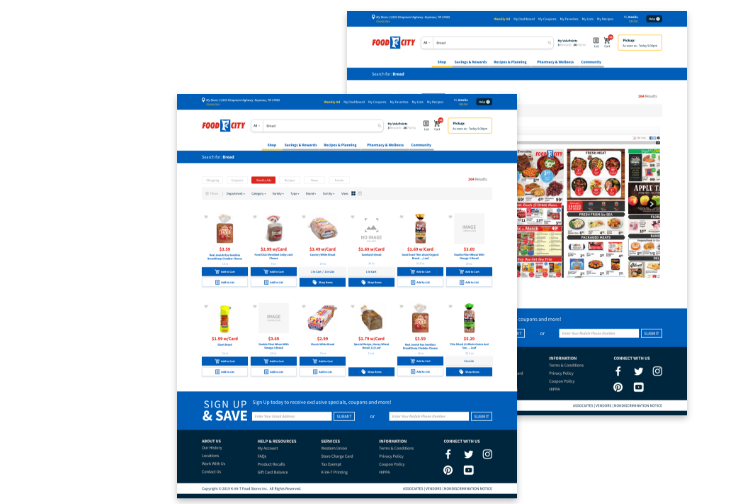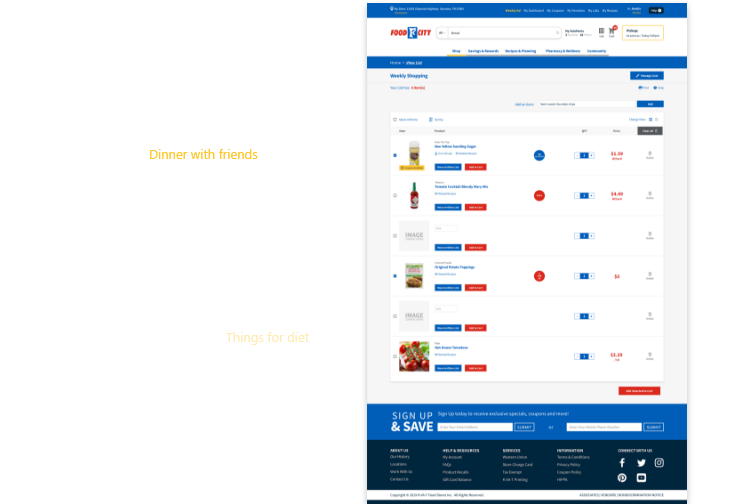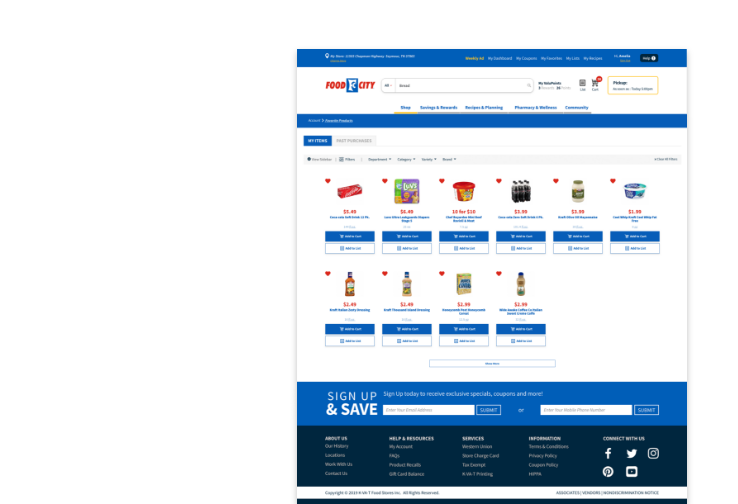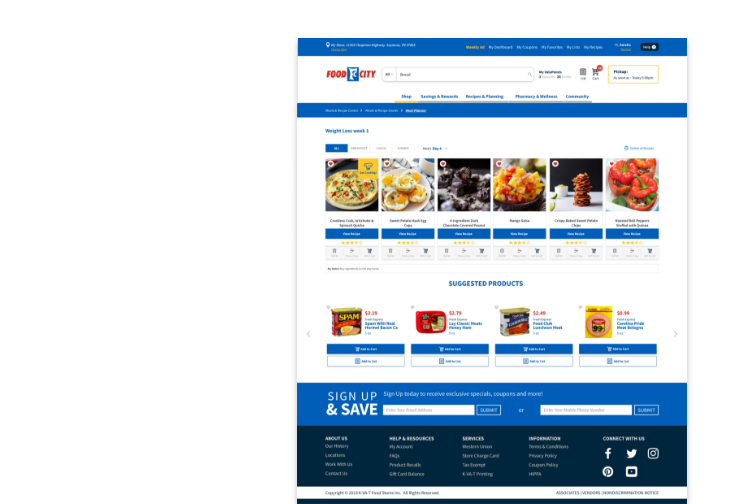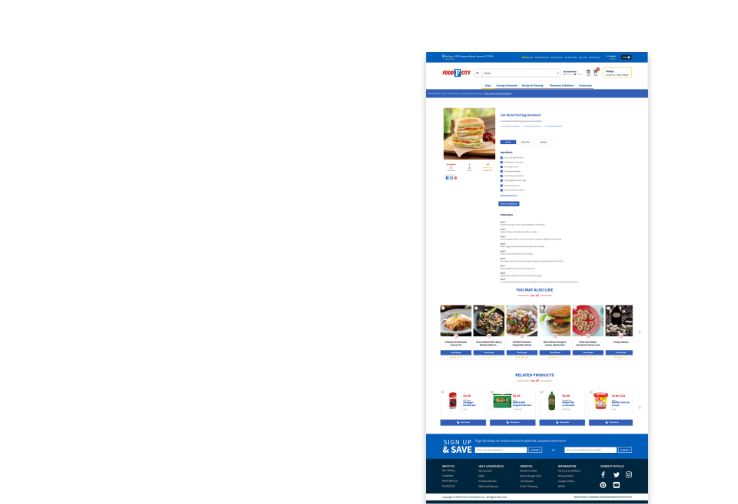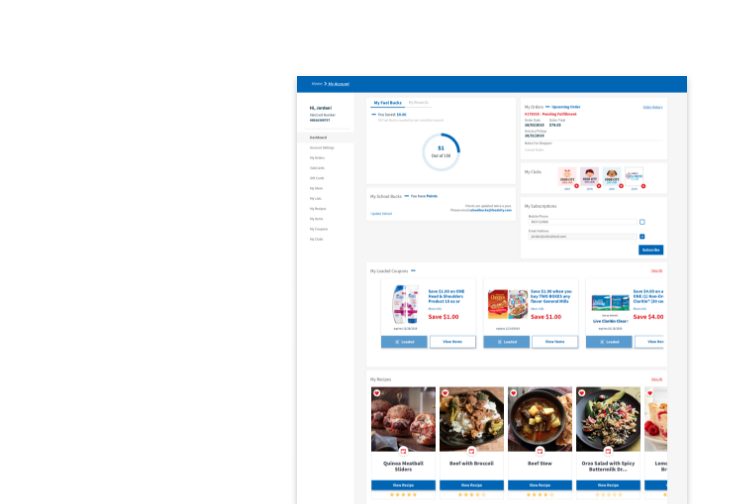
Wellnes Club — Celebrate National Dairy Month
Abingdon, VA. -
Friday, May 31, 2019.
written by Elizabeth Hall, MS, RDN, LDN, Food City Registered Dietitian
June is National Dairy Month which is the perfect time to brush up on why dairy is an important part of a balanced eating plan. On average, most people need two to three servings of dairy each day to meet vitamin D and calcium recommendations. While this vitamin and mineral are essential for bone health, there are many any roles they play in the body including promoting mental health as well. Dairy foods can be found in abundance in the grocery store, so it’s easy to find lots of delicious ways to enjoy!
Milk
Milk is an excellent source of calcium, but also protein, riboflavin, vitamins A and D, phosphorus, potassium, and magnesium. Since the type of fat in dairy is saturated fat, we recommend low-fat, which is 1% milk, or fat-free versions, such as skim milk. If you are sensitive to lactose, there are many lactose free versions as well, just remember that while milk alternatives such as soy milk and almond milk are typically fortified with calcium and vitamin D, they may not have as much protein as cow’s milk.
If you’re not a fan of drinking milk, but need something quick and easy for an on-the-go meal, try a protein beverage like Ensure. With 9 grams of protein and 26 vitamins and minerals, including the antioxidants, vitamin C, vitamin E, and selenium, Ensure Original provides complete, balanced nutrition that can fit into your daily life no matter how busy you are!
Yogurt and Kefir
Yogurt is high in calcium and protein as well, and also contains probiotics, which are beneficial bacteria that promote gut health. Kefir is a fermented drinkable yogurt that is also packed with probiotics. Just like with milk, try to choose low-fat or fat-free versions most of the time and opt for plain varieties when possible to avoid added sugar. Yogurt also contains less lactose than milk and the presence of live cultures can help a person with lactose intolerance enjoy these products with less gastrointestinal symptoms.
Cheese
Cheese contains similar nutrients to those found in milk, such as protein, calcium, phosphorus, zinc, vitamin A, riboflavin and vitamin B12. Some cheeses can also be high in sodium and saturated fat, so make sure to check the nutrition facts panel and watch portion sizes. Cream cheeses and cheese spreads are often higher in calories and fat, while delivering little calcium.
Experiment with new options this National Dairy Month and celebrate the health benefits of dairy all year long!

